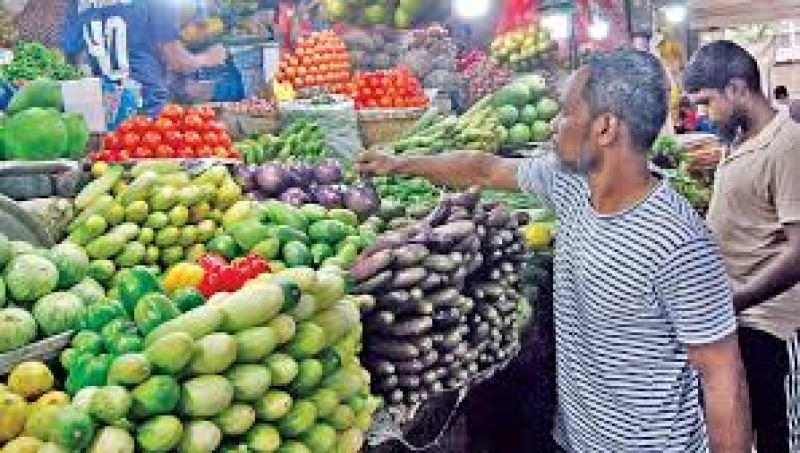- Mild cold wave sweeps parts of Bangladesh: Met Office |
- Saturday’s EC hearing brings 51 candidates back to election race |
- Food, air, water offer Dhaka residents few safe choices |
- Tarique Rahman Formally Named BNP Chairman |
- 136 new drugs in 195 essential drugs list, pricing guidelines |
Vegetable Prices Soar to Tk100 per Kg

Vegetables representative- photo
The price of most vegetables has surged to Tk100 per kilogram or higher, marking a dramatic increase in just six weeks. Traders attribute this spike to a significant decrease in production caused by ongoing heavy rains and flooding, which have devastated vegetable fields.
Farmers have faced additional challenges this season, with many unable to plant early winter vegetables, while those who did experience substantial losses. This has further compounded the price hike.
At Kalyanpur Bus Stand on Friday, vendor Mohammad Anisur noted, "Most vegetables are now priced at Tk100 per kg." His colleague, Mohammad Monir, added that while prices for common vegetables like beans and bitter gourd have reached Tk100 per kg, papayas are selling for Tk35, potatoes for Tk60, and radishes for Tk90.
The impact of rising prices is palpable among consumers, especially those with limited incomes. Many shoppers have reduced their purchases, opting for half a kilogram instead of one.
Interviews with vendors at Kalyanpur and Karwan Bazar reveal a troubling supply shortage. Mohammad Azad from Karwan Bazar reported that the number of vegetable trucks arriving has dropped by 50%, while demand remains high, driving prices up even further. He stated, "We're selling beans for Tk400 per kg due to the destruction of many bean plants."
Prices have escalated by approximately Tk20 per kilogram in the past two weeks, with bitter gourd, eggplant, and chichinga now also retailing for Tk100.
Imran Master, president of the Bangladesh Wholesale Commodity Owners Association, emphasized that flooding in low-lying areas has severely impacted vegetable production, especially winter crops like cauliflower and cabbage, which could not be cultivated in regions such as North Bengal and Khulna.
The situation extends beyond vegetables; egg and chicken prices remain high despite a slight decrease in egg costs. The Department of Agricultural Marketing has set prices for broiler eggs and chickens, but many retailers are selling eggs for Tk160-170 per dozen, well above the government-mandated price of Tk142.44.
Shoppers like Subhas Saha voiced their frustrations, stating, "The government promises to reduce prices, but we see little change." He noted that wages have not kept pace with rising costs, forcing families to cut back on food.
Similarly, Mohammad Rafiqul Islam lamented the lack of accountability in the market, suggesting that pricing issues in Bangladesh starkly contrast with other countries.
While India has eased export restrictions, allowing onions to flow into the market, prices have still risen by Tk5 per kg, with good-quality onions now costing Tk125-130.
In a related development, Farida Akhtar, adviser to the interim government's Ministry of Fisheries and Livestock, pointed out that recent price fluctuations for eggs suggest potential manipulation. She called for strategic storage solutions to manage supply more effectively, particularly during seasons of decreased production.
As the situation unfolds, consumers continue to feel the pressure of escalating costs, prompting calls for more effective government intervention and market oversight.

